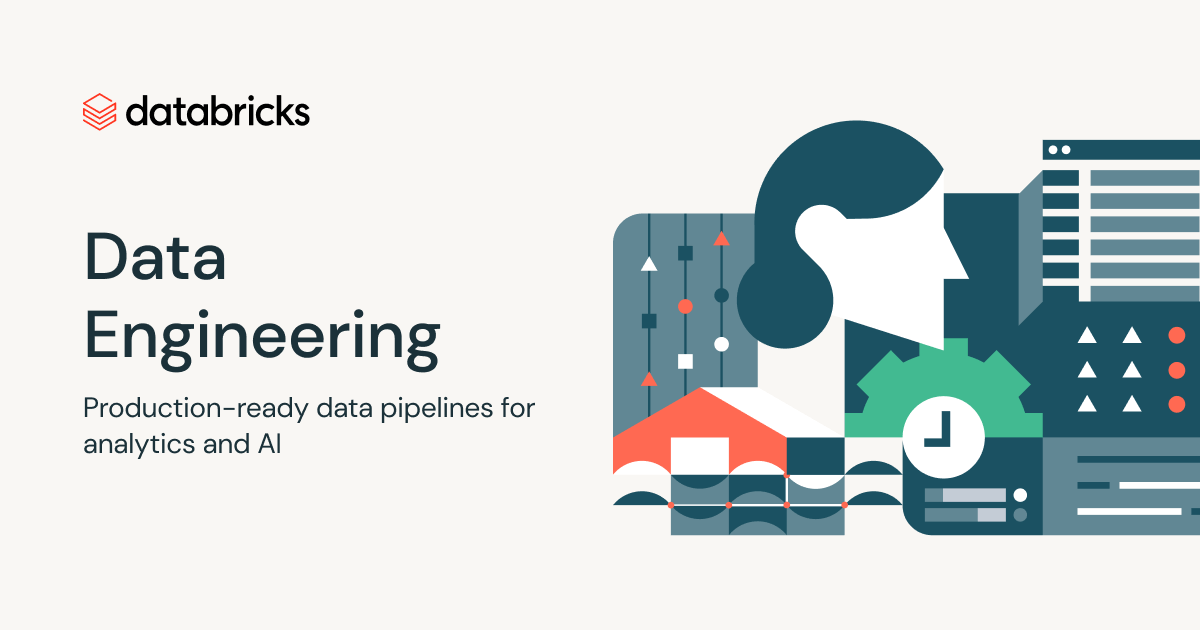This article describes basic aggregation operations against Azure Cosmos DB Cassandra API tables from Spark.
Note
Server-side filtering, and server-side aggregation is currently not supported in Azure Cosmos DB Cassandra API.
Cassandra API configuration
import org.apache.spark.sql.cassandra._
//Spark connector
import com.datastax.spark.connector._
import com.datastax.spark.connector.cql.CassandraConnector
//CosmosDB library for multiple retry
import com.microsoft.azure.cosmosdb.cassandra
//Connection-related
spark.conf.set("spark.cassandra.connection.host","YOUR_ACCOUNT_NAME.cassandra.cosmosdb.azure.com")
spark.conf.set("spark.cassandra.connection.port","10350")
spark.conf.set("spark.cassandra.connection.ssl.enabled","true")
spark.conf.set("spark.cassandra.auth.username","YOUR_ACCOUNT_NAME")
spark.conf.set("spark.cassandra.auth.password","YOUR_ACCOUNT_KEY")
spark.conf.set("spark.cassandra.connection.factory", "com.microsoft.azure.cosmosdb.cassandra.CosmosDbConnectionFactory")
//Throughput-related...adjust as needed
spark.conf.set("spark.cassandra.output.batch.size.rows", "1")
spark.conf.set("spark.cassandra.connection.connections_per_executor_max", "10")
spark.conf.set("spark.cassandra.output.concurrent.writes", "1000")
spark.conf.set("spark.cassandra.concurrent.reads", "512")
spark.conf.set("spark.cassandra.output.batch.grouping.buffer.size", "1000")
spark.conf.set("spark.cassandra.connection.keep_alive_ms", "600000000")
Sample data generator
// Generate a simple dataset containing five values
val booksDF = Seq(
("b00001", "Arthur Conan Doyle", "A study in scarlet", 1887,11.33),
("b00023", "Arthur Conan Doyle", "A sign of four", 1890,22.45),
("b01001", "Arthur Conan Doyle", "The adventures of Sherlock Holmes", 1892,19.83),
("b00501", "Arthur Conan Doyle", "The memoirs of Sherlock Holmes", 1893,14.22),
("b00300", "Arthur Conan Doyle", "The hounds of Baskerville", 1901,12.25)
).toDF("book_id", "book_author", "book_name", "book_pub_year","book_price")
booksDF.write
.mode("append")
.format("org.apache.spark.sql.cassandra")
.options(Map( "table" -> "books", "keyspace" -> "books_ks", "output.consistency.level" -> "ALL", "ttl" -> "10000000"))
.save()
Count operation
RDD API
sc.cassandraTable("books_ks", "books").count
Output:
res48: Long = 5
Dataframe API
Count against dataframes is currently not supported. The sample below shows how to execute a dataframe count after persisting the dataframe to memory as a workaround.
Choose a storage option from the following available options, to avoid running into "out of memory" issues:
MEMORY_ONLY: This is the default storage option. Stores RDD as deserialized Java objects in the JVM. If the RDD does not fit in memory, some partitions will not be cached and they are recomputed on the fly each time they're needed.
MEMORY_AND_DISK: Stores RDD as deserialized Java objects in the JVM. If the RDD does not fit in memory, store the partitions that don't fit on disk, and whenever required, read them from the location they are stored.
MEMORY_ONLY_SER (Java/Scala): Stores RDD as serialized Java objects- one-byte array per partition. This option is space-efficient when compared to deserialized objects, especially when using a fast serializer, but more CPU-intensive to read.
MEMORY_AND_DISK_SER (Java/Scala): This storage option is like MEMORY_ONLY_SER, the only difference is that it spills partitions that don't fit in the disk memory instead of recomputing them when they're needed.
DISK_ONLY: Stores the RDD partitions on the disk only.
MEMORY_ONLY_2, MEMORY_AND_DISK_2…: Same as the levels above, but replicates each partition on two cluster nodes.
OFF_HEAP (experimental): Similar to MEMORY_ONLY_SER, but it stores the data in off-heap memory, and it requires off-heap memory to be enabled ahead of time.
//Workaround
import org.apache.spark.storage.StorageLevel
//Read from source
val readBooksDF = spark
.read
.cassandraFormat("books", "books_ks", "")
.load()
//Explain plan
readBooksDF.explain
//Materialize the dataframe
readBooksDF.persist(StorageLevel.MEMORY_ONLY)
//Subsequent execution against this DF hits the cache
readBooksDF.count
//Persist as temporary view
readBooksDF.createOrReplaceTempView("books_vw")
SQL
select * from books_vw; select count(*) from books_vw where book_pub_year > 1900; select count(book_id) from books_vw; select book_author, count(*) as count from books_vw group by book_author; select count(*) from books_vw;
Average operation
RDD API
sc.cassandraTable("books_ks", "books").select("book_price").as((c: Double) => c).mean
Output:
res24: Double = 16.016000175476073
Dataframe API
spark
.read
.cassandraFormat("books", "books_ks", "")
.load()
.select("book_price")
.agg(avg("book_price"))
.show
Output:
+------------------+ | avg(book_price)| +------------------+ |16.016000175476073| +------------------+
SQL
select avg(book_price) from books_vw;
Output:
16.016000175476073
Min operation
RDD API
sc.cassandraTable("books_ks", "books").select("book_price").as((c: Float) => c).min
Output:
res31: Float = 11.33
Dataframe API
spark
.read
.cassandraFormat("books", "books_ks", "")
.load()
.select("book_id","book_price")
.agg(min("book_price"))
.show
Output:
+---------------+ |min(book_price)| +---------------+ | 11.33| +---------------+
SQL
select min(book_price) from books_vw;
Output:
11.33
Max operation
RDD API
sc.cassandraTable("books_ks", "books").select("book_price").as((c: Float) => c).max
Dataframe API
spark
.read
.cassandraFormat("books", "books_ks", "")
.load()
.select("book_price")
.agg(max("book_price"))
.show
Output:
+---------------+ |max(book_price)| +---------------+ | 22.45| +---------------+
SQL
select max(book_price) from books_vw;
Output:
22.45
Sum operation
RDD API
sc.cassandraTable("books_ks", "books").select("book_price").as((c: Float) => c).sum
Output:
res46: Double = 80.08000087738037
Dataframe API
spark
.read
.cassandraFormat("books", "books_ks", "")
.load()
.select("book_price")
.agg(sum("book_price"))
.show
Output:
+-----------------+ | sum(book_price)| +-----------------+ |80.08000087738037| +-----------------+
SQL
select sum(book_price) from books_vw;
Output:
80.08000087738037
Top or comparable operation
RDD API
val readCalcTopRDD = sc.cassandraTable("books_ks", "books").select("book_name","book_price").sortBy(_.getFloat(1), false)
readCalcTopRDD.zipWithIndex.filter(_._2 < 3).collect.foreach(println)
//delivers the first top n items without collecting the rdd to the driver.
Output:
(CassandraRow{book_name: A sign of four, book_price: 22.45},0)
(CassandraRow{book_name: The adventures of Sherlock Holmes, book_price: 19.83},1)
(CassandraRow{book_name: The memoirs of Sherlock Holmes, book_price: 14.22},2)
readCalcTopRDD: org.apache.spark.rdd.RDD[com.datastax.spark.connector.CassandraRow] = MapPartitionsRDD[430] at sortBy at command-2371828989676374:1
Dataframe API
import org.apache.spark.sql.functions._
val readBooksDF = spark.read.format("org.apache.spark.sql.cassandra")
.options(Map( "table" -> "books", "keyspace" -> "books_ks"))
.load
.select("book_name","book_price")
.orderBy(desc("book_price"))
.limit(3)
//Explain plan
readBooksDF.explain
//Top
readBooksDF.show
Output:
== Physical Plan == TakeOrderedAndProject(limit=3, orderBy=[book_price#1840 DESC NULLS LAST], output=[book_name#1839,book_price#1840]) +- *(1) Scan org.apache.spark.sql.cassandra.CassandraSourceRelation@29cd5f58 [book_name#1839,book_price#1840] PushedFilters: [], ReadSchema: struct<book_name:string,book_price:float> +--------------------+----------+ | book_name|book_price| +--------------------+----------+ | A sign of four| 22.45| |The adventures of...| 19.83| |The memoirs of Sh...| 14.22| +--------------------+----------+ import org.apache.spark.sql.functions._ readBooksDF: org.apache.spark.sql.Dataset[org.apache.spark.sql.Row] = [book_name: string, book_price: float]
SQL
select book_name,book_price from books_vw order by book_price desc limit 3;
Next steps
To perform table copy operations, see:




